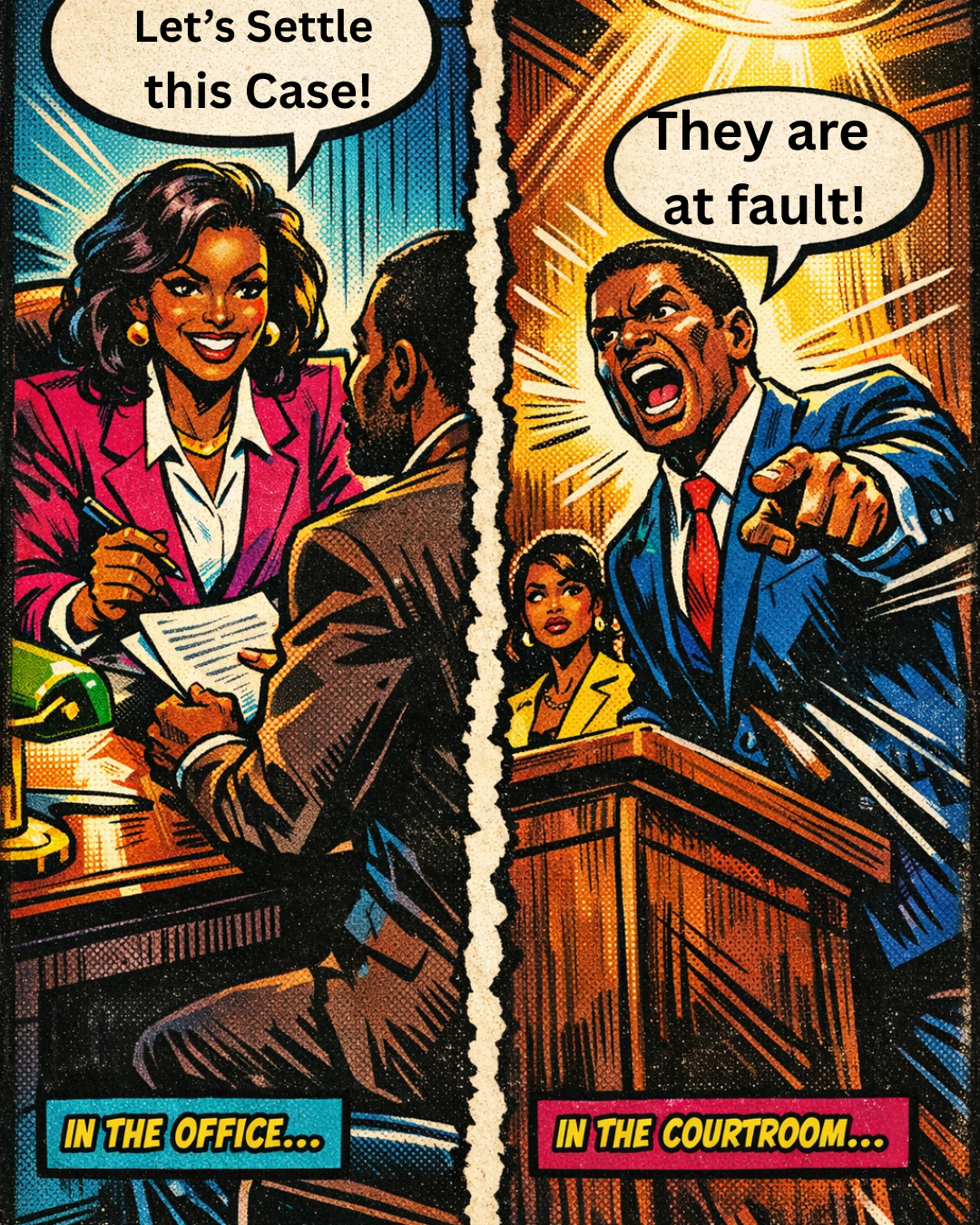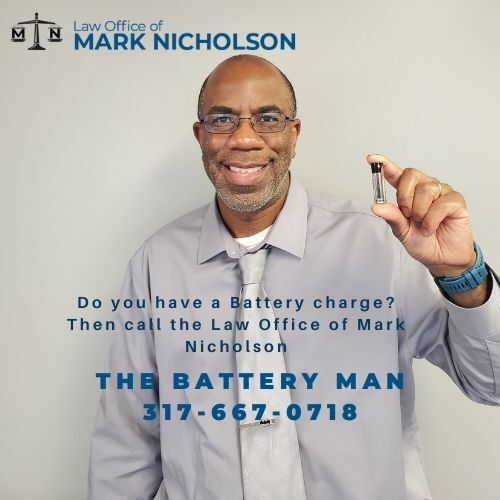Decriminalizing Sex Work Empowers Sex Workers
Enhance safety by legalizing sex work.

Introduction
In recent years, the topic of sex work has come up in social and political discussions. While attitudes toward sex work vary widely, one thing is clear—it's time to seriously consider the decriminalization of sex work. Not only would this change empower workers, but it would also significantly increase their safety and well-being.
Defining the Current Situation
Currently, the legal status of sex work varies extensively across the globe. In some countries, like New Zealand and parts of Australia, sex work has been decriminalized to a certain extent. However, in many other nations (specifically the United States), sex workers continue to face criminal charges, social stigma, and unsafe working conditions. This criminalization not only marginalizes sex workers but also exposes them to various forms of exploitation, yellow journalism, harassment, and violence.
Sex workers often operate in clandestine environments because of the fear of legal repercussions, making it challenging to seek protection or report abuses. The lack of legal recognition also means that sex workers have limited access to healthcare, financial services, and basic human rights. Thus, the current situation leaves prostitutes vulnerable and unsupported.
The Case for Decriminalization or Legalization
Decriminalization means that criminal penalties are removed. Decriminalizing sex work can lead to safer and more equitable working conditions. By removing criminal penalties, adult entertainers can operate more openly and seek help when needed without the fear of arrest or stigma. This change fosters an environment where sex workers can unionize, access healthcare, and report violence and exploitation without fear.
Countries that have decriminalized sex work report significant improvements in the lives of sex workers. They experience less violence, better health care outcomes, and greater autonomy over their working conditions. Decriminalization also allows law enforcement to focus on genuine exploitation, child pornography and sex trafficking cases, rather than consensual adult sexual activities.
Legalized prostitution imposes rules and laws on sex workers. Some countries that legalize prostitution place heavy legal burdens on the workers. In effect, these laws strip them of their rights. Current research indicates that the majority of workers in the sex industry choose decriminalization over legalization.
Addressing Misconceptions
There are numerous misconceptions about decriminalizing prostitution, one of the most prevalent being that it will lead to an increase in sex trafficking. However, evidence shows that decriminalization actually helps to distinguish between consensual sex work and sex trafficking, allowing resources to be directed more effectively towards combating sexual exploitation and other forms of human trafficking.
Another myth is that decriminalization will lead to an increase in sex for money. In reality, decriminalization does not create more demand or supply of commercial sex; it simply provides a safer framework for those already involved in selling sex. It’s essential to separate moral judgments from pragmatic policy decisions that aim to protect individuals' rights and safety.
The Role of Consent and Choice
At the heart of the debate on sex work is the concept of consent and choice. Decriminalizing sex work acknowledges the agency of individuals to make decisions about their bodies and livelihoods. It respects the autonomy of sex workers, treating them as active participants in the labor market rather than as victims needing rescue.
Consent is a fundamental human right, and any policy that undermines this principle is inherently flawed. Decriminalization offers a path to respect and protect the choices made by sex workers while providing the necessary legal framework to address abuses and exploitation.
Real-World Examples
Countries like New Zealand have set precedents with the decriminalization of sex work, showcasing a model where sex workers are treated with dignity and respect. Since decriminalization in 2003, New Zealand has seen improvements in the health and safety of sex workers, with more reporting positive experiences and feeling empowered in their roles.
In contrast, countries with stringent criminalization policies continue to see high rates of violence and exploitation among sex workers. This stark difference underscores the benefits of adopting a humane and pragmatic approach to sex work legislation.
Conclusion
Decriminalizing sex work is not just a progressive stance; it is a necessary step towards justice, safety, and empowerment for sex workers. By acknowledging their rights and providing a legal framework that ensures their safety, we create a society that respects and values all its members, regardless of their occupation.
The time for change is now. Decriminalizing sex work will lead to safer working conditions, better health outcomes, and a more just society. It's a move that respects individual autonomy, addresses misconceptions and follows the successful examples set by forward-thinking nations. Let's take this step towards a fairer, safer world for everyone involved.
If you support the decriminalization of sex work, contact the Law Office of Mark Nicholson and let's work together to create a safer and more equitable society.






















